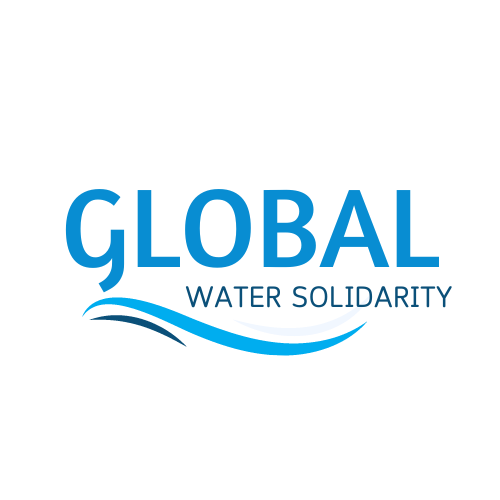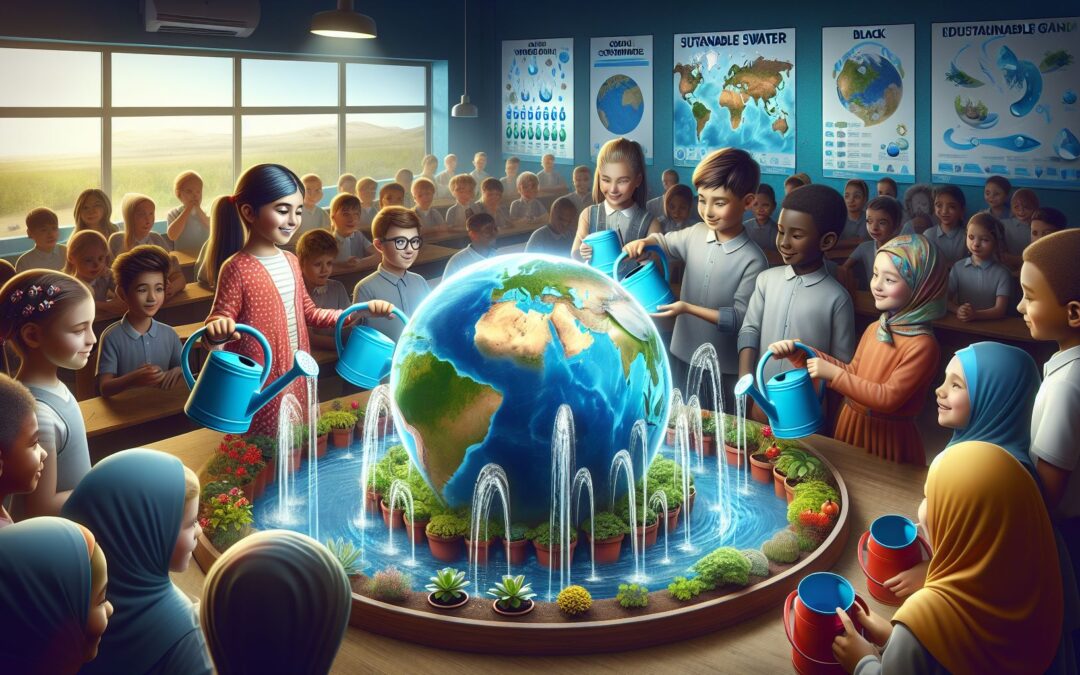Water, a resource that is fundamental to all aspects of life – the environment, economic growth, agriculture, and health – continues to be under immense strain. As the world grapples with the escalating water crisis, there is an urgent need to place greater emphasis on water education. Enabling the next generation to comprehend the importance and fragility of water resources can instill in them attitudes, skills, and knowledge to conserve and manage water effectively.
The Urgency of Water Education
Our planet is veering towards a daunting reality where more than half of the global populace could face severe water scarcity by 2025[^1^]. Population growth, urbanization, climate change, industrialization, and wastage all contribute to this looming crisis. This worrying scenario necessitates incorporating water education in our learning systems to edify young minds about the importance of water conservation.
Evidently, there’s a pivotal role that water education can play in averting the impending water crisis and shaping sustainable water usage. It’s not only about imparting the technical and scientific facts about the hydrologic cycle or water treatment processes. It reaches beyond to cover broader sociopolitical, economic, and environmental aspects influencing water management.
Reimagining the Curriculum
For maximum effectiveness, water education should not be confined to a single discipline like environmental science but be integrated across disciplines and domains of education. Effective water education begins with harnessing children’s innate sense of curiosity. Foster an environment of exploration to enable a concrete understanding of water’s role in everyday life.
In geography, for example, concepts such as watershed, water ecosystems, and the impact of human activities on water bodies can be succinctly addressed. In economics and social studies, discussions about water as a finite resource, water rights, policy-making, and allocation could make for engaging learnings.
Sessions on water-related art and literature, demonstrations on water filtration, treatment, and water quality testing, can stimulate interest and create lasting implications. Interactive games, quizzes, projects, and field visits to local water bodies, wastewater treatment plants, or irrigation projects can also provide a more practical understanding.
Fostering a Culture of Conservation
While theoretical knowledge is important, it’s equally vital to imbibe a culture of conservation. Students should be encouraged to adopt water-saving habits, consider the water footprint of different products and lifestyle choices, advocate for better water policies, and get involved in local water conservation initiatives. Moreover, teaching the importance of water to ecosystems, the impacts of pollution, and the consequences of water mismanagement is also crucial.
Let’s remember, as the next generation becomes aware of the importance of water, they not only make informed decisions but also influence those around them. Hence, they could indeed be the key influencers in their households, eventually encouraging sustainable water and sanitation practices community-wide.
Empowerment through Water Education
Water education can empower students to become agents of change in their own communities. Students can participate in local and global water conservation initiatives, campaigns, internships, or even initiate water-related projects. Their ideas, innovations, and proactive actions in addressing water challenges can significantly contribute towards building a resilient and water-secure future.
Digital Tools and Water Education
In the age of digital transformation, the adoption of digital tools can greatly enhance the effectiveness of water education. Virtual reality experiences can immerse students into different water scenarios – from a drought-affected landscape in Africa to the melting Polar Ice Caps. Interactive mobile apps can offer a deeper understanding of complex water-related concepts. Online water calculators can help students measure their personal water footprint and inspire mindful consumption.
Global Citizenship
Teaching water education lays the foundation for global citizenship. Water is a shared resource with a universal value. Understanding water-related issues, whether in their own locality or across the globe, help students perceive water as a global challenge demanding collective action. This global perspective can inspire collaborative efforts to ensure the sustainable use and equitable allocation of water.
The Road Ahead
In a world where water insecurity could be one of the greatest challenges, arming our youth with the right knowledge, values, skills, and attitudes is critical. By empowering the next generation of water stewards through comprehensive, multi-disciplinary, enjoyable, and actionable water education, we take a significant step towards a safe and sustainable water future.
Consistent and collective effort from educators, policy makers, NGOs, civil society, parents, and, indeed, the students themselves is necessary to mainstream water education in our schools, our curricula, and our consciousness. Let us remember that each drop saved, each water-wise decision made, and every responsible action taken matters, for the cause of water is indeed the cause of life.
The real power of global water education lies in its potential to foster a new generation of informed citizens, equipped to value and safeguard this precious resource. The future depends on it.
[^1^]: Frija, A. (2018). Water Scarcity and Ways Forward. In Impact of Water Pollution on Human Health and Environmental Sustainability (pp. 1-16). IGI Global.
[^2^]: UN Water. (n.d.). Water Education | Why it Matters. Retrieved September 30, 2021, from https://www.unwater.org/water-facts/education/

